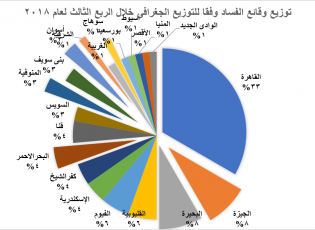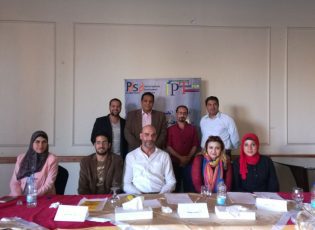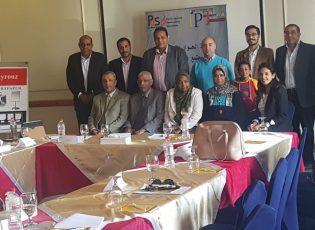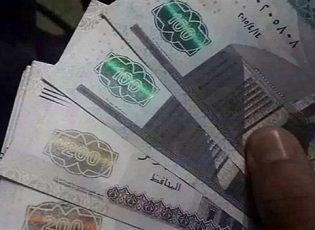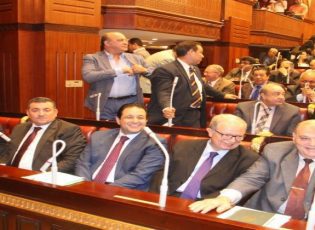Legal and constitutional violations
In this regard, Dr. Ahmed Mahran, director of the Cairo Center for Political and Legal Studies, said that the results of the visit of the delegation of the National Council for Human Rights to Tora high-security prison "Scorpion" clearly reveal legal violations and clear violations of human rights, which reveals a violation The prison administration for the international covenants and treaties that Egypt has signed regarding prisoners' rights.
The “Chairman of the Council” indicated that, according to the laws regulating penal institutions, matters relating to the protection of human beings and his rights to live in safety in the place of execution of the punishment should be taken into consideration.
Parliament oversight
Mahran stressed that the human rights file, especially visiting prisons and places of detention, is the first file that Parliament must adopt, calling for tightening control by the Ministry of Interior and the prison sector over prisons, pointing out that there are sectors within the Ministry of Interior that are still in the old era.
Legal powers
He stressed that the National Authority for Human Rights possesses legal powers derived from the decision of the Presidency of the Republic to assign members of this Council to protect the rights of citizens, indicating that the role of the Council is supposed to be strengthened, through the authority to issue orders to open cells inside penal institutions, in order to uncover violations.
Legal guarantees
The “center’s president” stressed the need for the council’s final reports to play an important and strong role in moving parliament and the government towards the human rights issue, in addition to the need to issue files and laws that guarantee the preservation of prisoners ’lives, especially the right to treatment, clothing and humane treatment.
Remove the powers
The human rights defender, Shehata Muhammad, head of the Arab Center for Integrity and Transparency, commented on the statement issued by the National Council for Human Rights mission about his visit to Tora high-security prison “Scorpion”, saying: “The government continues its policy of stripping the council’s powers, which is reflected in its performance.”
Visit prisons by notification
The “center’s president” pointed out that the Ministry of Interior violated rules it established with the National Council for Human Rights in previous visits, stressing that Parliament must play a major role in issuing a law that regulates the Council’s work and gives it broad powers to visit prisons and places of detention upon notification.
Shehata added that the parliament should also demand that parliament enact legislation that regulates the relationship between the council and the Ministry of Interior, in accordance with specific rules and regulations, and the government must determine its position on the existence of the Council in the first place.
Relationship decline
Meanwhile, Dr. Walaa Jad Al-Karim, president of Partners for Transparency, said that the visit of the National Council for Human Rights delegation revealed a significant decline in the cooperation of the Ministry of Interior with the National Council for Human Rights, regarding the conditions of prisons and prisoners.
"Gad Al-Karim" clarified that this deal is not consistent with the positive interior policy during the past six months, in which it has pursued a path of transparency and clarity, pointing out that this behavior undermines any plan to reform conditions inside Egyptian prisons.
He pointed out that the visit was characterized by obscurity, through the insistence of the “Scorpion” prison administration that some members, such as Rajia Omran, should not enter the delegation, and this in itself raises doubts about what is happening inside Tora high-security prison, “Scorpion”.
The “President of the Foundation” stressed the need for the Council’s members to visit prisons through notification, away from the prosecution’s permission and the approval of the Interior Ministry.
Short link: https://pfort.org/en/?p=498





